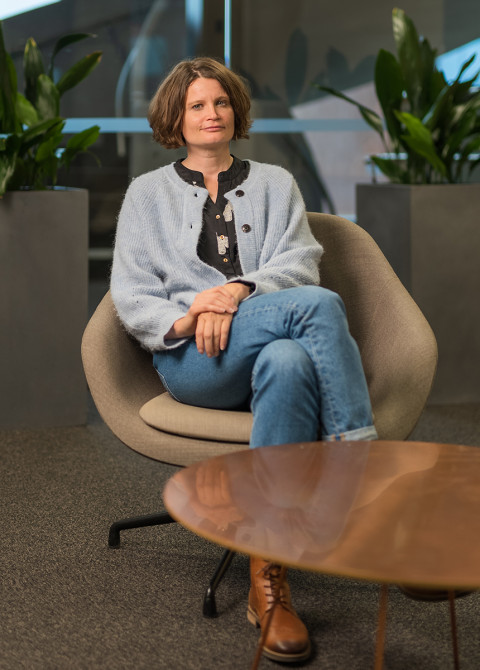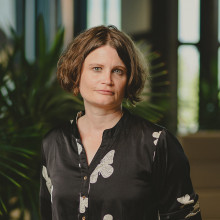In 2022, energy became the hottest issue in Europe. Russia's attack on Ukraine brought Russian electricity import to a halt, and the gas supply to Central Europe was cut off. The continent was on the verge of an energy crisis. The price of electricity multiplied, and Europe started to weigh its options for energy self-sufficiency and detaching from fossil fuels.
The market price of electricity is determined by the most expensive form of production applied – in this case, natural gas, of which there was a shortage in countries such as Germany due to the war.
“The system based on the power exchange raised the price of electricity also in Finland even though we would have been able to produce electricity at a lower cost with wind or nuclear power. For the consumer, electricity has been expensive. Power companies, on the other hand, have collected large profits,” explains Hanna-Mari Husu, associate professor of social sciences at LUT.
Tools for a fair and inclusive energy system
- Energy justice focuses on issues such as the fairness and equality of energy systems, energy production, energy policy, and the energy transition.
- Energy democracy engages citizens more extensively in decision-making and dialogue involving energy policy.
- Distributed generation refers to energy that communities and individual citizens and households produce for their own consumption.
- An energy community is a community that produces all or part of the energy it needs.
- A prosumer is an individual who both produces and consumes energy.
- Both energy communities and prosumers can sell their surplus energy.

What does the energy crisis look like from the social scientist's perspective?
“The energy crisis has made electricity visible in daily life,” Husu says.
People’s attitude towards electricity has changed: they are increasingly keeping track of price changes, which affects their electricity consumption. Electricity has become a daily topic of conversation.
“The price of electricity has been a source of great stress for detached home owners who do not have a low-cost, fixed-term electricity contract. The situation has become tighter for mid- and low-income households and has led to increasing talk of energy poverty also in Finland.”
Energy poverty means households spend an unreasonable share of their income on energy, making them vulnerable and affecting their quality of life. In Europe, energy poverty has been a topic of public discussion for a longer time, but in Finland, the price of electricity has up to now been low enough not to spark such debate. In the future, the risk of energy poverty is anticipated to grow.

What needs to be taken into consideration in building a socially sustainable energy system?
An energy system must be environmentally sustainable and socially just. It is possible to create a renewable energy generation system where citizens play a greater role as decision-makers and energy suppliers. It is a matter of energy justice, energy communities, energy democracy, and distributed generation and so-called prosumers.
“We may not fully grasp the potential of these possibilities, especially in Finland, due to a lack of political discussion. Denmark, for example, has long traditions in community-owned wind power,” Husu compares.
What is LUT University doing to address the matter?
LUT is a leading university in energy research. It develops carbon neutral energy solutions in collaboration with companies. With its social sciences degree programme, LUT offers new, energy-related societal expertise.
Social sciences examine the fairness and justice of energy systems, including innovation policy, political decision-making, the social impacts of energy communities, and related legislative and political challenges.
“Information about energy systems is often technical and difficult to unpack. That’s why it's essentially also a question of communication. It’s important to find ways to communicate about complex technical systems in a way that everyone understands. Questions like this are also dealt with in LUT's communications degree programme,” says Hanna-Mari Husu.
More information:









